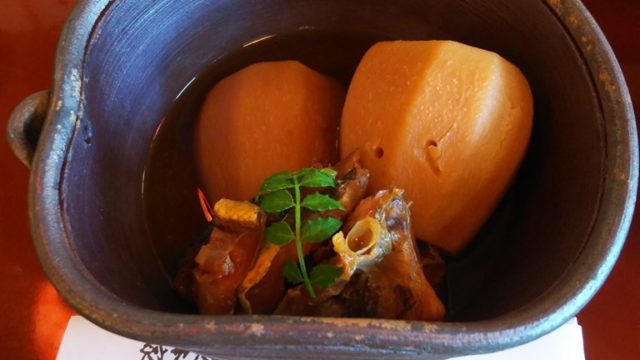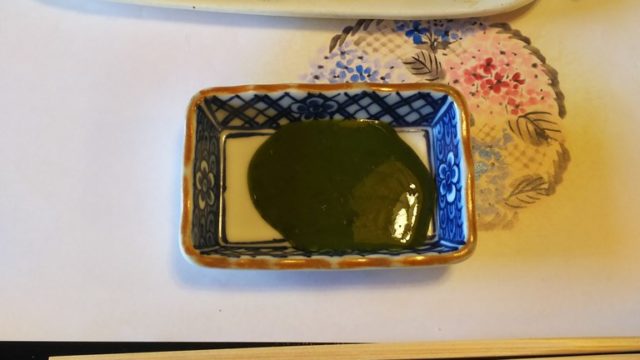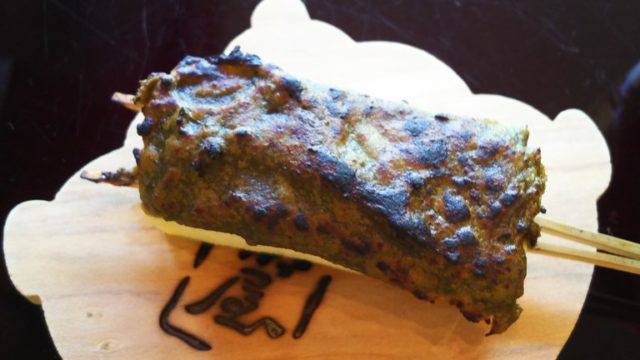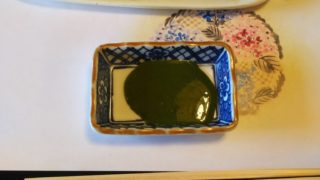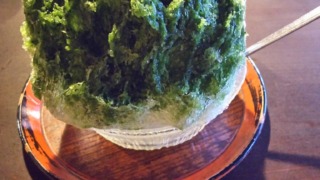Date of visit Saturday, June 15, 2019
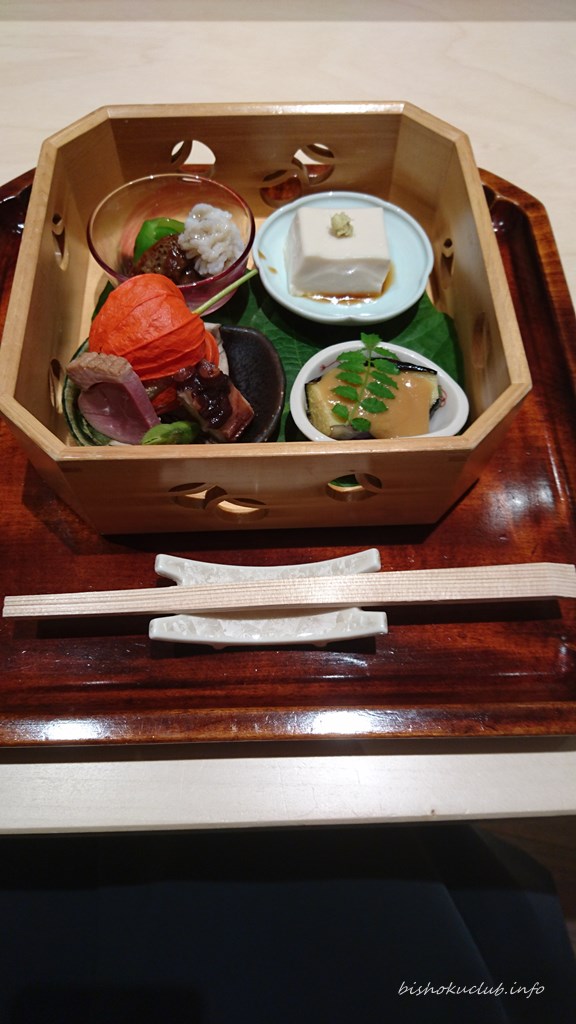 Hassun(used in kaiseki cuisine to serve several kinds of delicacies)
Hassun(used in kaiseki cuisine to serve several kinds of delicacies)
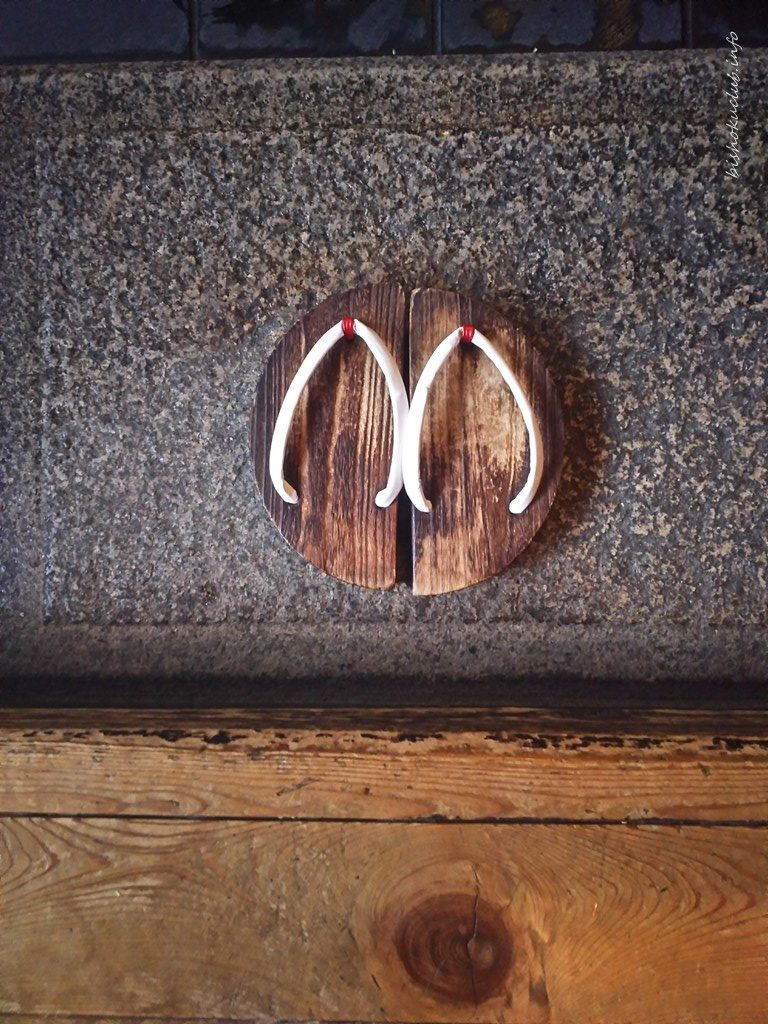 round wooden clogs
round wooden clogs
When I first learned about Kinmata (I think it was introduced in a magazine), there was also a picture of the above round wooden clogs.
Since then, when I think of Kinmata, round wooden clogs comes to mind.
It is a 5-minute walk from Kyoto Kawaramachi Station and a 10-minute walk from Keihan Gion Shijo.
It is a very convenient location.
I’ve walked past it many times, but never visited the restran.
So close, yet so far away.
However!
They have counter seats from April 2019.
The threshold has been lowered a bit, so I went to visit immediately.
Contents
Basic information of Kinmata
| Address | Shijojojo, Goko-cho, Nakagyo-ku, Kyoto 604-8044 |
| Closed | Wednesday |
| Phone | 075-221-1039 |
| kaiseki@kinmata.com |
It is recommended for the following people.
・ I want to enjoy kaiseki.
・ Those who want to enjoy meals peacefully.
The staff were very friendly and helpful.
The appearance of Kinmata
Kyoto is a mixture of places that change often and places that don’t change at all.
The number of tourists from overseas is increasing, and stores are changing more and more.
Kawaramachi-dori and Shijo-dori have more and more stores that can be found anywhere in Japnan, and less and less of the Kyoto character, which is a pity.
Kinmata is a place that has not changed at all.
The building is from the 1887s and is a registered tangible cultural property.
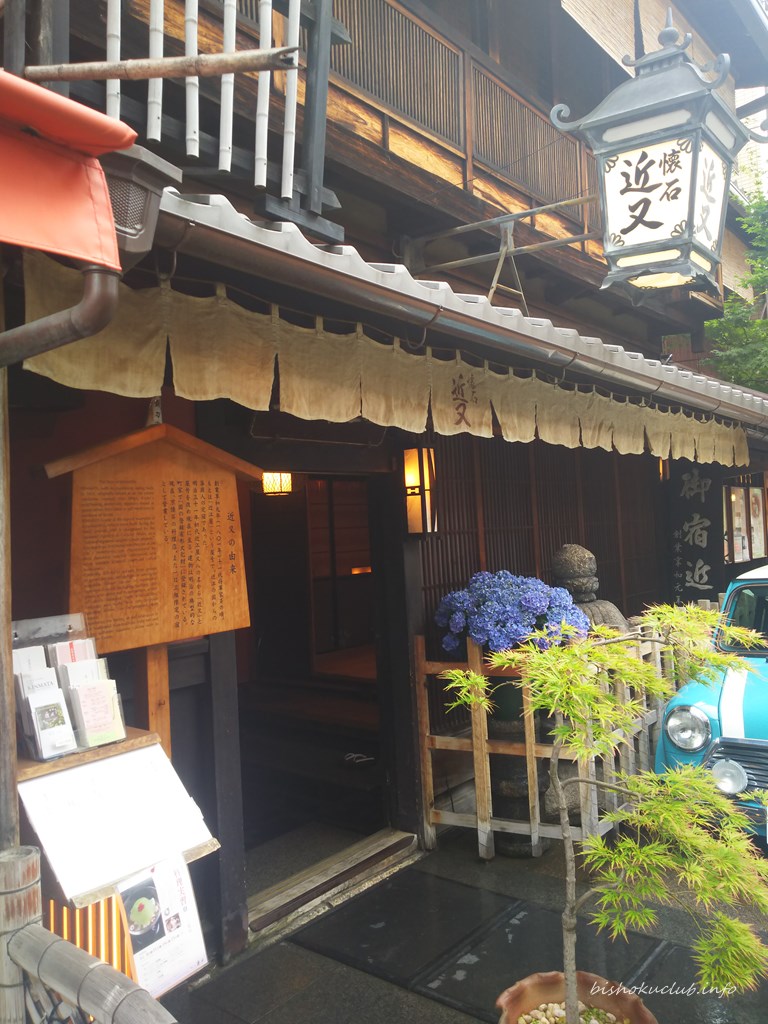 Kinmata appearance
Kinmata appearance
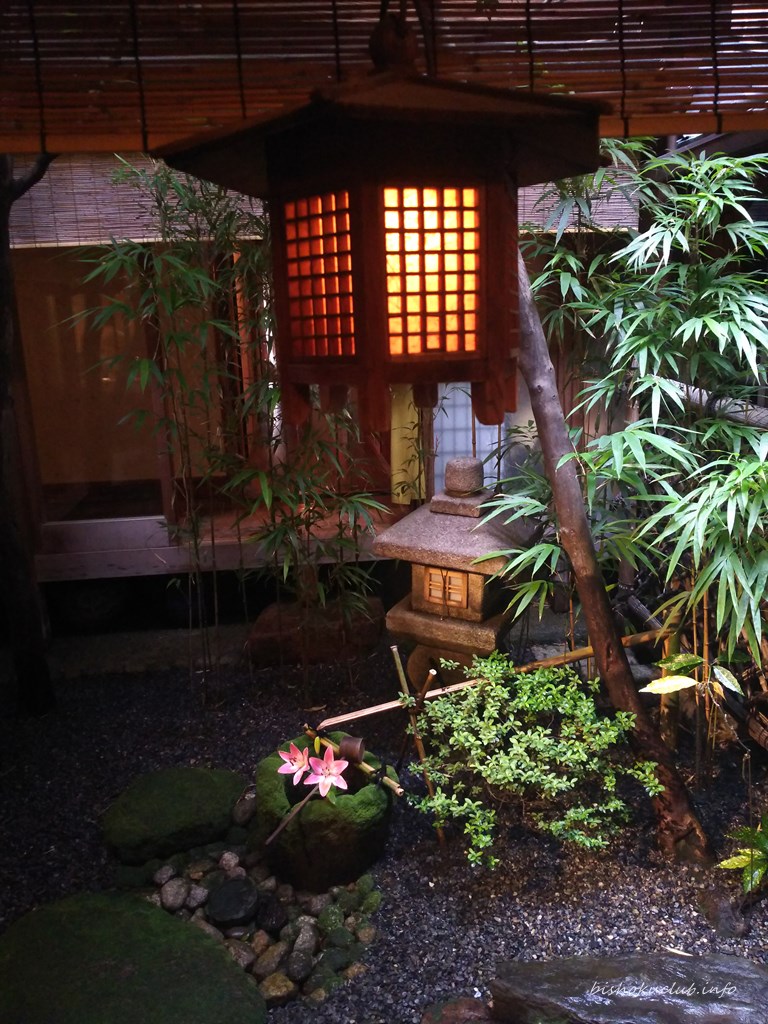 garden
garden
I came to the restaurant half an hour before my reservation because I was looking forward to it.
There were no other customers, so I took a look at the garden.
It was noon, but the sky was cloudy, so the lights were on.
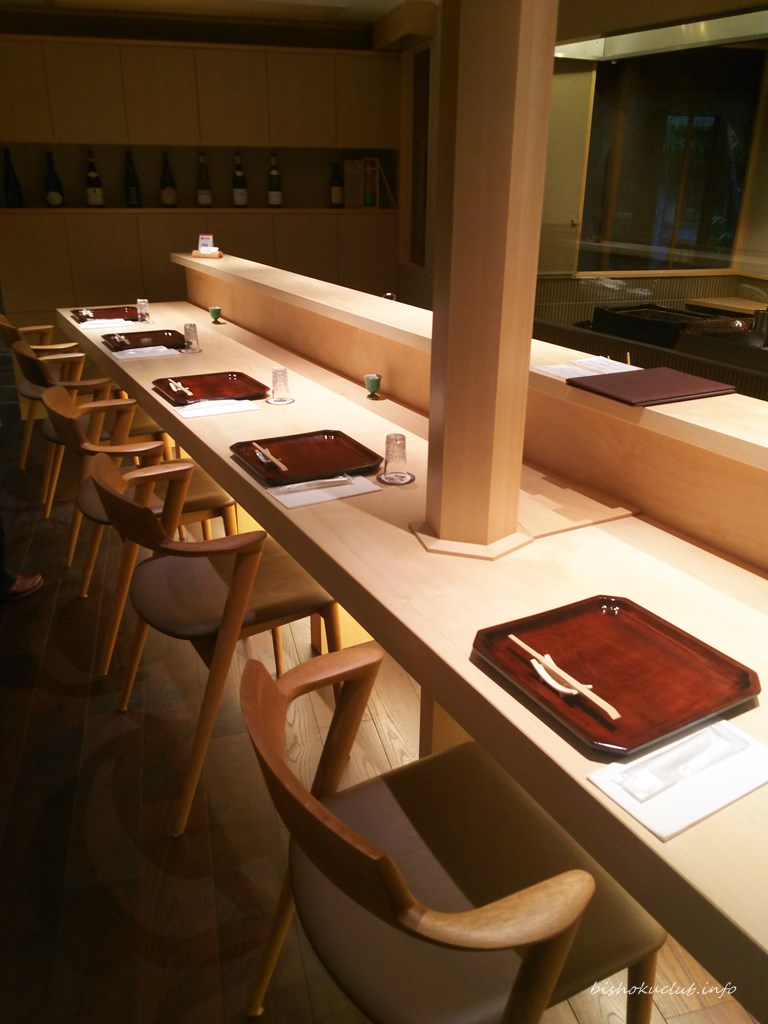 Kinmata counter seats
Kinmata counter seats
The counter has nine seats.
The lighting is not too bright and the atmosphere is relaxed.
There is an iron plate behind the counter, and meat is served at night.
There is the scent of new wood inside the restaurant.
Kinmata cuisine
I had the kaiseki counter seat (6,000 yen tax included) for lunch.
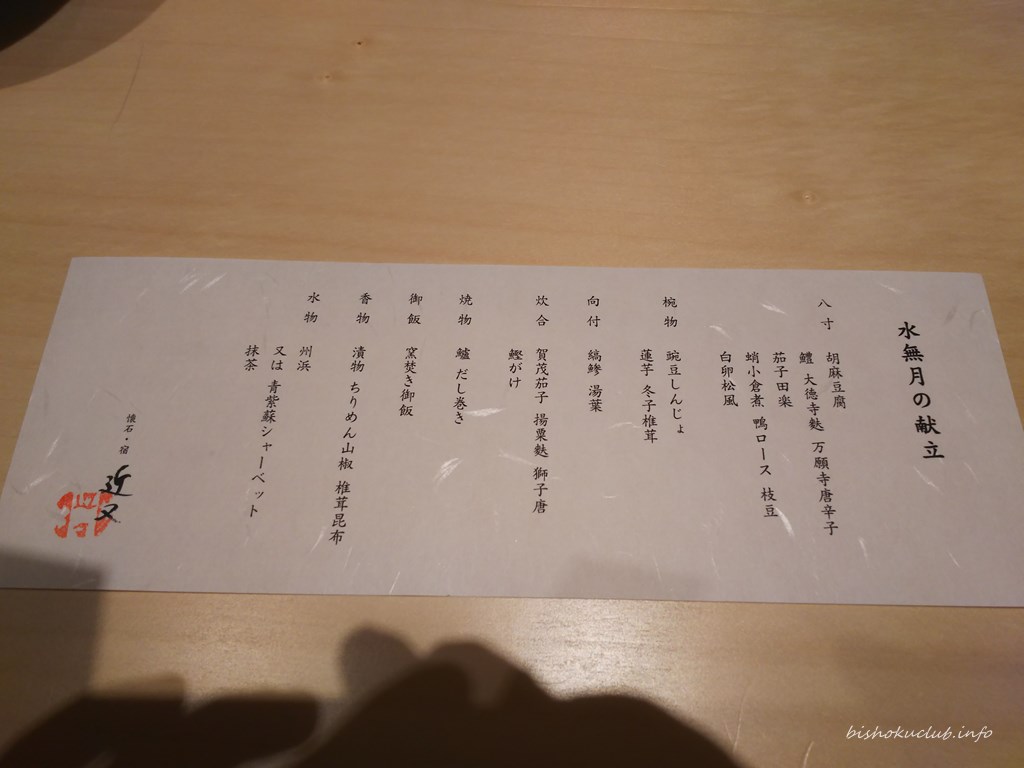 menus
menus
 hassun
hassun
Sesame tofu … homemade. Sesame tofu takes 12 hours to make.
Hamo (Japanese conger eel) … It was the thickest one I’ve ever had.
Daitokuji fu, which made it look like meat, Manganji pepper, eggplant dengaku, and
Octopus in Ogurani – It was cooked with azuki beans. Very soft.
Duck loin, edamame(a kind of beans), and
The husk tomato has the Shiratama-Mastukaze (a white egg) inside in the shape of a wind hitting a pine forest.
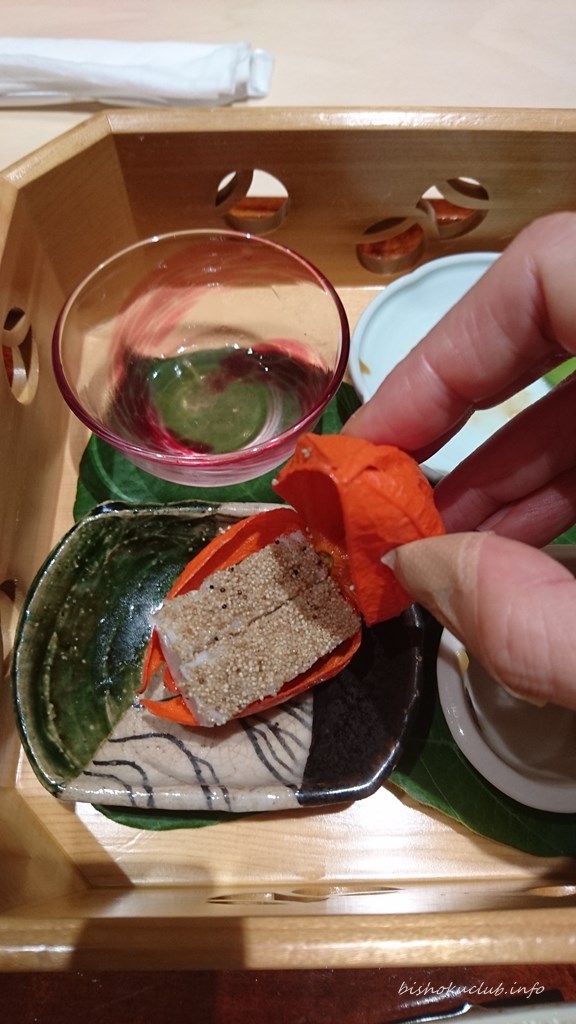 husk tomato
husk tomato
Matsukaze-yaki: A dish made by mixing ground meat or minced meat with egg or other binders and seasonings, putting it in a mold, sprinkling poppy seeds or sesame seeds on the top side like the Japanese confectionery Matsukaze, and baking it over a fire. It is usually made with minced chicken and is also used for Osechi. Source: Kotobank
Shiratama(White eggs)?
I heard it for the first time.
According to the staff, the chicken eggs are raised eating only rice.
They say that the white of the egg also turns yellow.
The taste is very light, so I can enjoy the flavor of the keshi without disturbing the other ingredients.
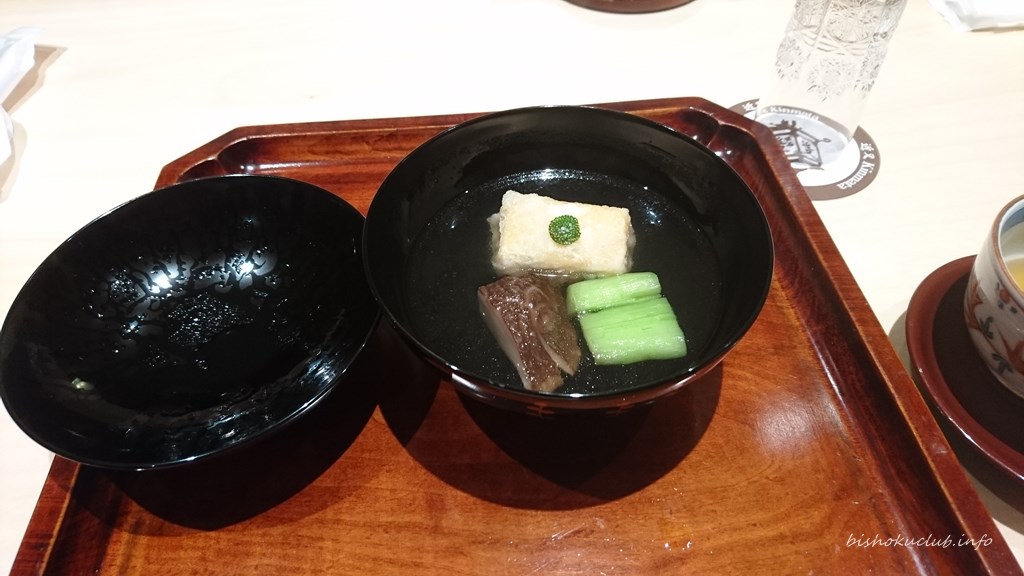 soup
soup
The ingredients for the soup are
Endo-mame-no-Shinjyo(fish cake) … For shrimp lovers, I was very satisfied with the large shrimp in this dish.
Hasu-imo(giant elephant ear): At first, I thought it was a bright green taro stem. The texture is crispy and light.
Donko-shiitake(mushroom)… mushroom is doing a good job. The soup stock is delicious.
Hasu-imo : A perennial plant of the taro family. It is very similar to taro, and the tuber is small and inedible, but the long petioles are edible. Cultivated in warm regions.
Source: Kotobank
Donko-shiitake: A type of dried shiitake mushroom. Dried shiitake mushrooms are grown under low temperature and low humidity from early winter to February. The shade is hemispherical, with the edges curled around the underside, and thick-walled.
Source: Kotobank
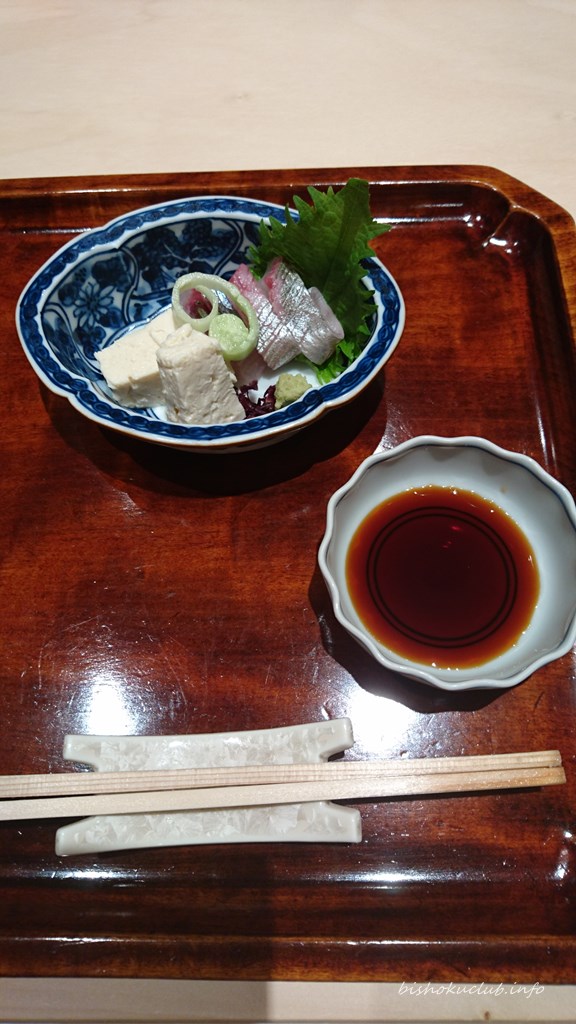
Mukouzuke(sashimi)
Contents of Mukouzuke:
Yuba… It looks like tofu. Of course, the taste was Yuba.
Striped jack (Pseudocaranx dentex)…It was fatty and delicious. It was carefully cut with a knife, showing careful workmanship.
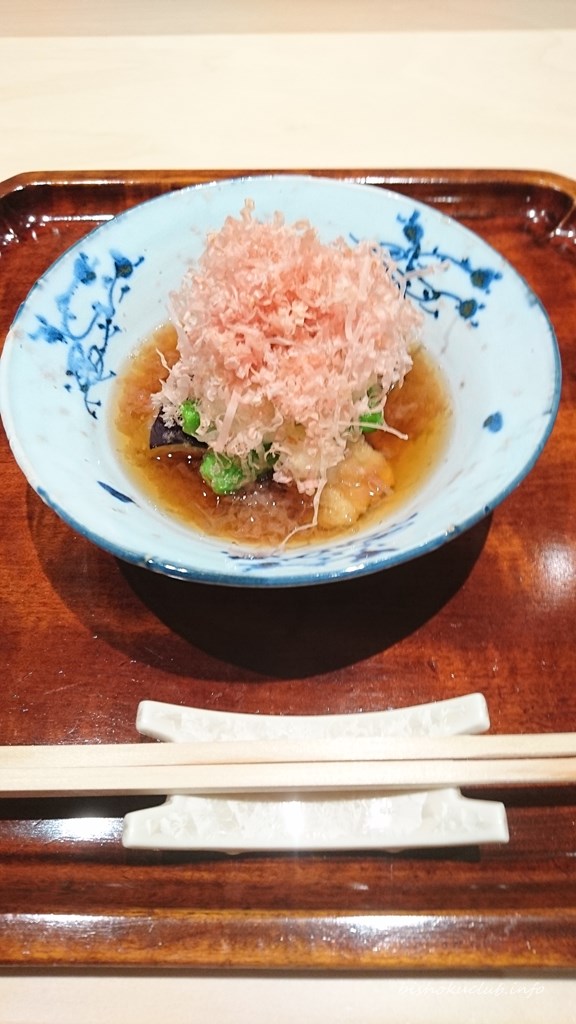
Takiawase
Takiawase{food (meat, fish, vegetables, etc.) cooked separately but served together on one dish}
Kamo eggplant, fried millet fu, shishito pepper with plenty of grated daikon on top, ginger and flower bonito.
When I was a child, I did not like eggplant.
As I got older, I began to enjoy eggplant, especially the cooked kind.
It was fresh to eat awa like this. The taste is easy to tangle, and I could enjoy eating.
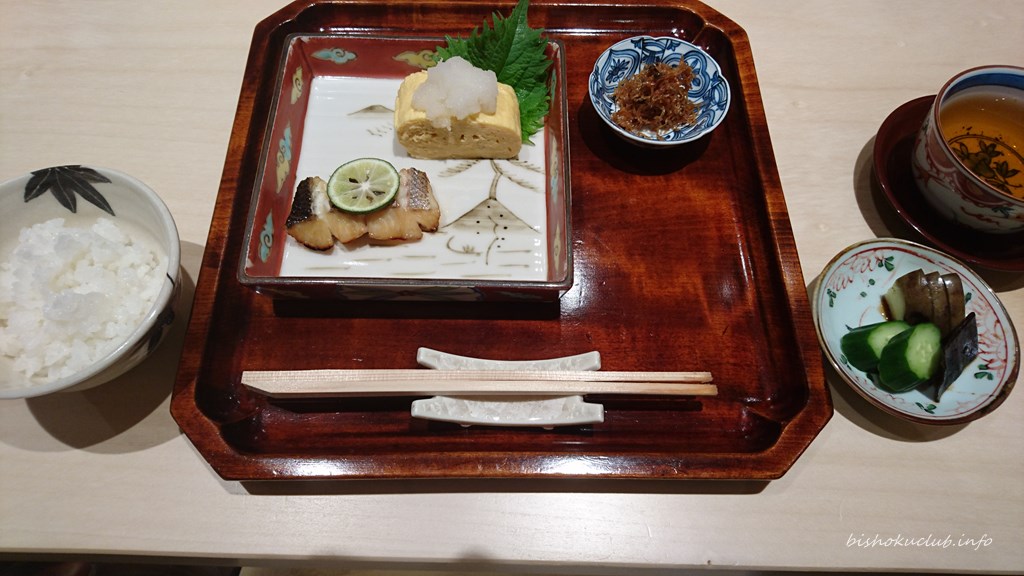 Rice, grilled food, pickles
Rice, grilled food, pickles
The grilled dish was sea-bass and dashi maki(a type of omelet).
Sea-bass is most often eaten as sashimi, but it is also delicious grilled.
The seasoning was just right and I ate a lot of rice.
Pickled eggplant and cucumber, chirime sansho(crepe and pepper) and shiitake kombu(mashroom and kelp).
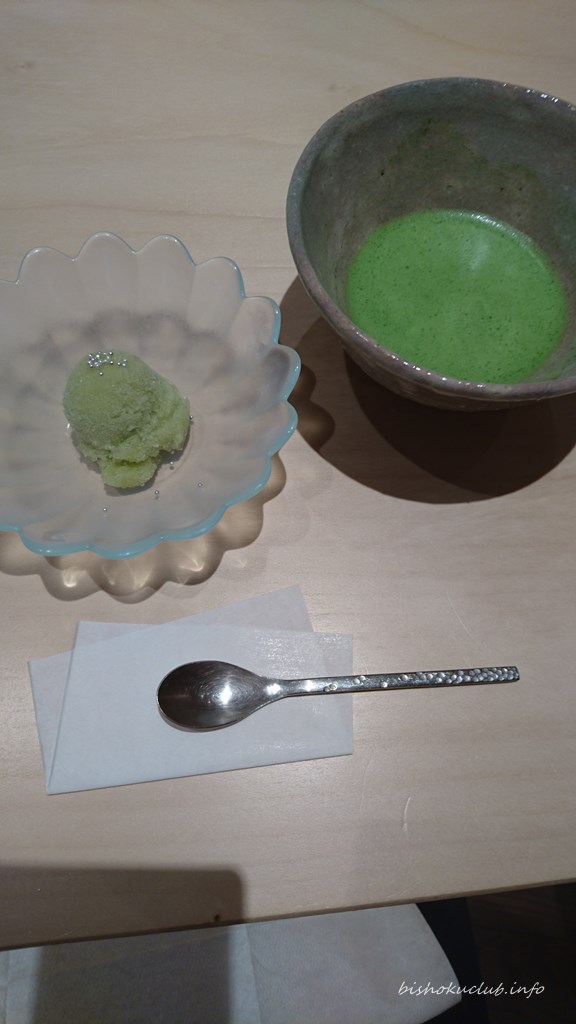 dessert
dessert
The eighth generation master makes matcha green tea in front of us.
For dessert, we can choose between suhama(Suhama is a type of Japanese confectionery made by roasting and grinding soybeans and kidney beans, then kneading them together with sugar and syrup Source: Wikipedia)or green perilla sherbet.
Both are homemade.
I chose the sherbet.
When I ate the sorbet, a refreshing feeling spread in my mouth that blew away the sizzle of the rainy season.
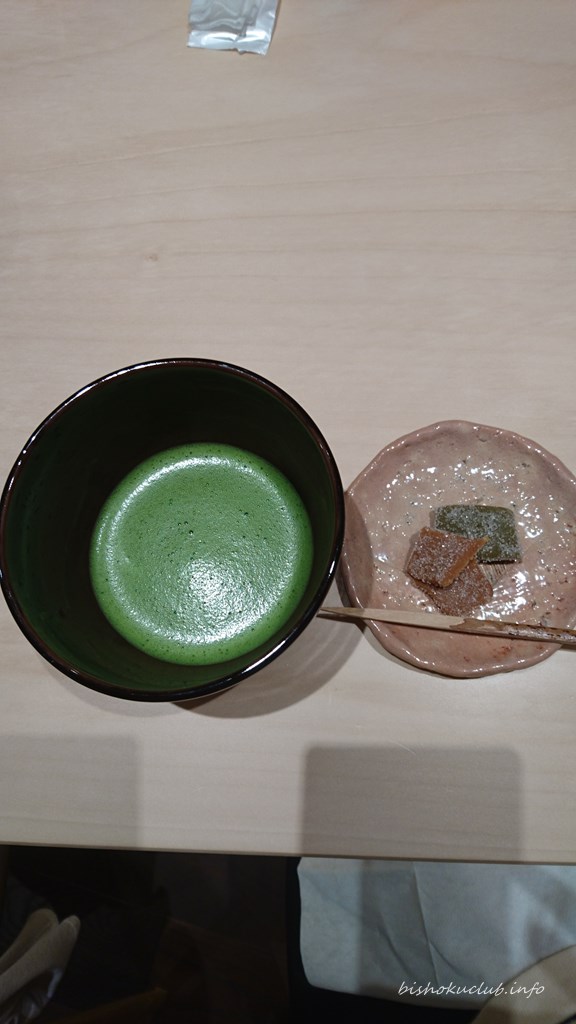 suhama and matcha
suhama and matcha
My companion chose the suhama.
There are two kinds of suhama, Uguisu flour and Kinako (soybean flour).
My companion took a small portion for me.
It had a simple, old-fashioned taste that was perfect for matcha.
Impressions of Kinmata
The atmosphere of the building is overwhelming.
However, once inside, the staff was very attentive and we were able to enjoy a relaxing and luxurious time.
I was told that they use different tools for the counter and tatami room.
I would like to try the tatami room next time.
Sainara(See you).
